I’ve talked about it on my social media channels since the 2024/2025 Canadian Federal Budget came out, but one area that has experienced significant changes is the capital gains inclusion rate. As of June 25, the capital gains inclusion rate increases from 1/2 to 2/3 (50% to 66.67%) for corporations and trusts, and for individuals on the amount of realized gains in the year that exceeds $250,000. Now that you know the facts, I’m going to be walking you through what this means for many business owners and individuals.
To set the stage, the inclusion rate hike has resulted in some big conversations amongst professionals in the industry. In the past, tax deferral has been used as a way to enhance future returns, but investors are considering the effect that potential higher rate hikes might have on their taxes. In essence, tax deferral just means that people will keep their funds used for tax payments invested to foster long-term growth.
A Tax Deferral Scenario
Let’s take a $100,000 gain at a marginal tax rate of 48%—an investor could save $8,000 by opting for the 1/2 inclusion rate instead of the 2/3 inclusion rate. However, this requires “pre-paying” $24,000 in capital gains taxes. If that $24,000 were invested in a portfolio that yields 5% annually, it would take nine years of tax-deferred growth at the higher inclusion rate to surpass the $8,000 savings.
Additional Important Considerations
Some strategic considerations for individual investors are the following:
- Spread gains over multiple years. This means you can utilize a lower inclusion rate for amounts under $250,000. This is better than a bigger single year gain that will be taxed higher.
- Harvest your gains. Selling and repurchasing stocks can trigger capital gains resets for book values over time. When an investor is in a lower tax bracket, this can allow them to leverage the lower inclusion rate every year.
- Donate securities. Any accrued capital gain is excluded from taxable income, and a donation receipt equal to the value of the donated securities is received. Note that for substantial donations, the Alternative Minimum Tax may apply.
- Business owners should be strategic in deciding where assets should be held, whether individually or by their corporation. Corporations do not have the $250,000 threshold, and 2/3 of realized gains are taxable.
Set Yourself Up by Planning Ahead
As you can see with many of the strategic considerations, planning ahead and being strategic with your financial decisions is crucial. Yes, this sounds like an obvious recommendation, but this can make the difference for you by saving unnecessary increased tax liabilities in the future. Strategies such as using insurance or other planning techniques can help manage higher tax bills, especially for family property transfers or on death. For business owners, corporate-owned insurance or an individual pension plan can support tax strategies. Additionally, forward planning can help you access available exemptions like the lifetime capital gains exemption. Of course, professional advice is always the most important. If you don’t already have someone in your corner to walk you through these tricky financial decisions and regulation/rate changes, it might be worth doing some research into someone who can support you and your goals.
I hope this helps you as you navigate this financial landscape. Don’t worry, we’re all in it with you!


